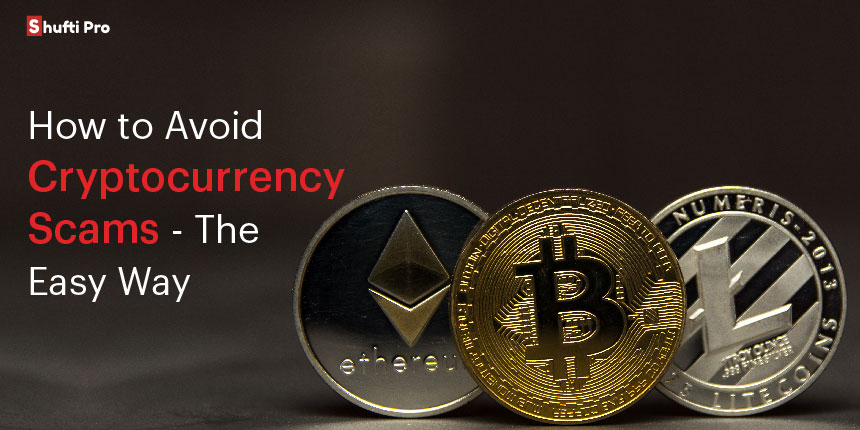Cryptocurrency Scams – Checklist for Protection

Headlines about some cryptocurrency exchange being hacked are not unusual. So far, hackers have stolen over 1 million bitcoins BTC from different exchanges. Despite financial regulatory checks, scammers come up with innovative schemes. This article looks at the top five ways how cryptocurrency scams work and how to avoid them.
1. Fake ICOs – Pump and Dump Coins
Initial coin offerings (ICOs) that ‘dump’ once they have attracted enough investment, are the most prevalent frauds. Such coins usually have no utility but lots of promises.
2. Phone Porting
In phone porting, scammers steal identity of the victim. Then, they call the phone service provider to transfer the number to another provider. Finally, they log the victim out of his own accounts (banks, exchanges, e-wallets etc.). The victim may try to reset passwords but the two step verification would not reach his phone.
3. Online Wallets or Centralised Exchange
Hackers love it when investors store cryptocurrencies in an online wallet. It makes the treasure susceptible to hacking attacks. Such breaches are quite a sophisticated. Even large cryptocurrency exchanges are vulnerable to these attacks.
4. Ponzi schemes
An ICO venture that feeds money to the earliest investors from the money of new investors is a Ponzi scheme. Coins that guarantee return are usually Ponzi cryptocurrency scams.
5. Shady Exchanges
A huge number of cryptocurrency exchanges do not uphold KYC and AML compliance. So, Which cryptocurrency exchange to trust? Plenty of dodgy exchanges are mushrooming. And many put up an online presence that look credible on the surface. Yet, a deeper evaluation reveals that they have ‘set up’ this persona to steal money from investors.
How to Avoid Cryptocurrency Scams
- Institutes approving ICOs should run thorough background checks on the people launching coin. Anonymity in the wrong hands can be devastating. Screening ICO initiators can thwart scammers.
- On the flip side, the exchanges that enlist coins can also run these background checks. Following KYC compliance also deters double-dealers.
- Safety first! Investors should do their due diligence and use safe methods to store coins. They should also be realistic when evaluating an ICO. A coin promising to make money from sunshine is an obvious red flag.
Cryptocurrency scams cannot be completely eradicated. But by integrating background checks and vigilance they become easier to spot. Investors cannot be greedy or careless. Only trade through credible cryptocurrency exchanges.
The onus also lies on the government and financial regulators. Only legitimate ICOs should be able to do business on exchanges.











